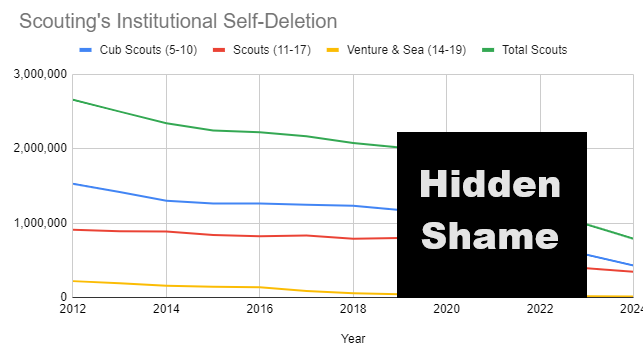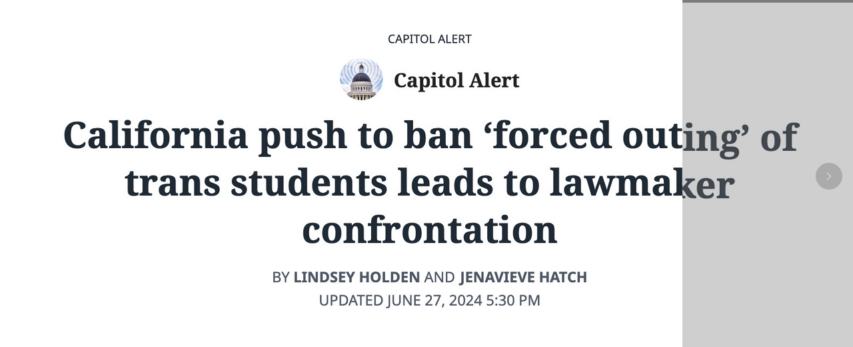In the first of a series of articles, Freddie deBoer discusses the phenomenon of “deference politics” practiced by many (most?) progressives in the United States (and equally in Canada):
When I talk about deference politics, I’m referring to the tendency of left-leaning people to substitute interpersonal obsequiousness towards “marginalized groups” for the actual material change those groups demand.
If you’ve lived in any left-aligned spaces in the past decade, you’ve encountered deference politics many times. A white person in a humanities seminar, an organizing meeting, an industry convention, a workplace gathering, etc., who makes the conscious decision to avoid engaging or to engage from a position of proactive apology towards various identity groups is engaged in deference politics. Someone who insists that members of “dominant groups” should censor themselves or speak softly or avoid speaking too much or defer to or otherwise “make space” for members of minority identities is advocating for deference politics; someone from a dominant group who tells others in that group that they should defer is practicing (self-aggrandizing) deference politics. “Maybe men should just shut up for awhile,” voiced by a man, is quintessential deference politics. “I sat my white ass down and listened” is deference politics. “Teach me how not to oppress you,” spoken at an academic conference by a straight person to LGBTQ people on a panel, is deference politics. Avoiding sharing a challenging opinion on an issue of controversy for fear of running afoul of the wrong kind of identity accusation is deference politics.
The infamous image above, of Democratic leaders wrapped in kente cloth and taking a knee in memory of George Floyd, actually preceded a meaningful attempt at material change, the George Floyd Justice in Policing Act. While that bill would not have been a sufficient overhaul of America’s criminal justice system — it’s hard to use the federal government to reform policing, which tends to be governed by state policies and influenced by local conditions — it would have been a good start. The Democrats, sadly, were not able to pass the bill in two tries, though perhaps it could still be revived. That the party simply didn’t have the votes to make the bill law isn’t something that we should be particularly hard on the Democrats about, but the contrast between its failure and the theatrics that attended its announcement is deference politics in its essential form: at a moment of mass discontent over the state of race and policing, Black Americans got the absurd performance from Congressional leaders but not the substance of better policy. And this is core to the critique of deference politics; the point is not that the good intentions of the people who practice them are worthless but that the people who practice deference politics never seem to recognize that all of the deferring never makes positive action more likely. Like many great political crimes, deference politics privileges the communicative and the emotional over the material and the actual.
It’s important to point out that many Black activists and writers recoiled at the deference politics practiced after George Floyd’s death and pointed out that they had never asked for such theatrics.
Is “deference politics” just a way to say “woke”?
No. Deference politics could conceivably be practice or demanded in any given political context and by members of any given political tendency. Conservatives do occasionally advocate for deference politics, such as when they insist that only veterans should comment on issues of war and peace. Nor do woke people assertively practice deference politics all the time; in fact, for various demographic reasons most people practicing social justice politics are themselves members of dominant groups, and they have a tendency to assert their own superior right to speak rather than to defer to others. The term “deference politics” should likewise not be used to refer to all cringey elements of “allyship”, which involves a diverse suite of questionable tactics and attitudes, but certainly deference politics are core to the behavior of the modern ally. The practice epitomizes the modern liberal obsession with defining politics as a matter of interpersonal niceties rather than as the systems through which human values are expressed in material terms in the real world.
























